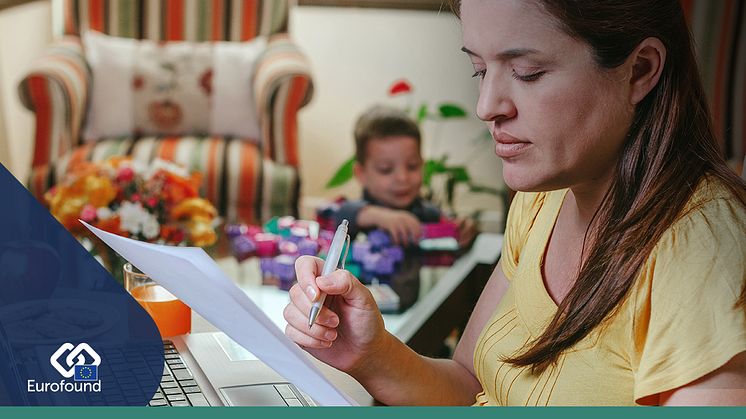
News -
Four out of ten employees work in direct contact with clients, customers or patients
Eurofound’s analysis of the labour market in Europe shows that just over four out of ten (41%) of employees in the EU work in direct contact with clients, customers, users, patients or other service recipients. This ‘interactive service work’ is female dominated, with women accounting for 61% of workers – an overall imbalance that is very pronounced among frontline health workers, where 85% are women. Women are also highly represented in other service jobs such as sales workers, tour guides, hairdressers, flight attendants and others which may not be covered by the full range of employment-related entitlements.
These findings are detailed in Eurofound’s new policy brief At your service: Working conditions of interactive service workers. The policy brief examines the working conditions of people employed in interactive service work and investigates their job quality compared to other employees. It also establishes areas for policy action. With the service sector now accounting for three-quarters of all employment in the EU, and most of these workers classified as being engaged in interactive service work, the conclusions and recommendations of the policy brief concern a large proportion of workers across Europe.
The policy brief takes particular account of the labour market impacts of COVID-19, which is having a multi-faceted, and overwhelmingly detrimental, impact on working conditions throughout Europe. One of these is the further heightening of emotional demand among interactive service workers, particularly those in the healthcare sector, who already experience the highest incidences of emotional demand at work.
The policy brief notes that being in direct contact with service users is, in some respects, a two-sided coin. These jobs are more often perceived as meaningful by job-holders than those engaged in other types of work, however, client-facing work tends to be emotionally demanding and is more likely to expose job-holders to uncomfortable and emotionally disturbing situations. Client expectation for service workers to be consistently friendly and forthcoming, despite the specific circumstances that the worker may find themselves in, can give rise to emotional dissonance among workers. This emotional labour can very demanding and highly distressing for workers.
Speaking about the findings Maria Jepsen, Eurofound Deputy Director, said “The psychosocial risks highlighted in this policy brief are important labour market issues that have been heightened by COVID-19. The prevalence of women in this type of work, and in particular among frontline health workers, also makes this a gender equality issue and it needs to be addressed as such by policy-makers."
Read more:



